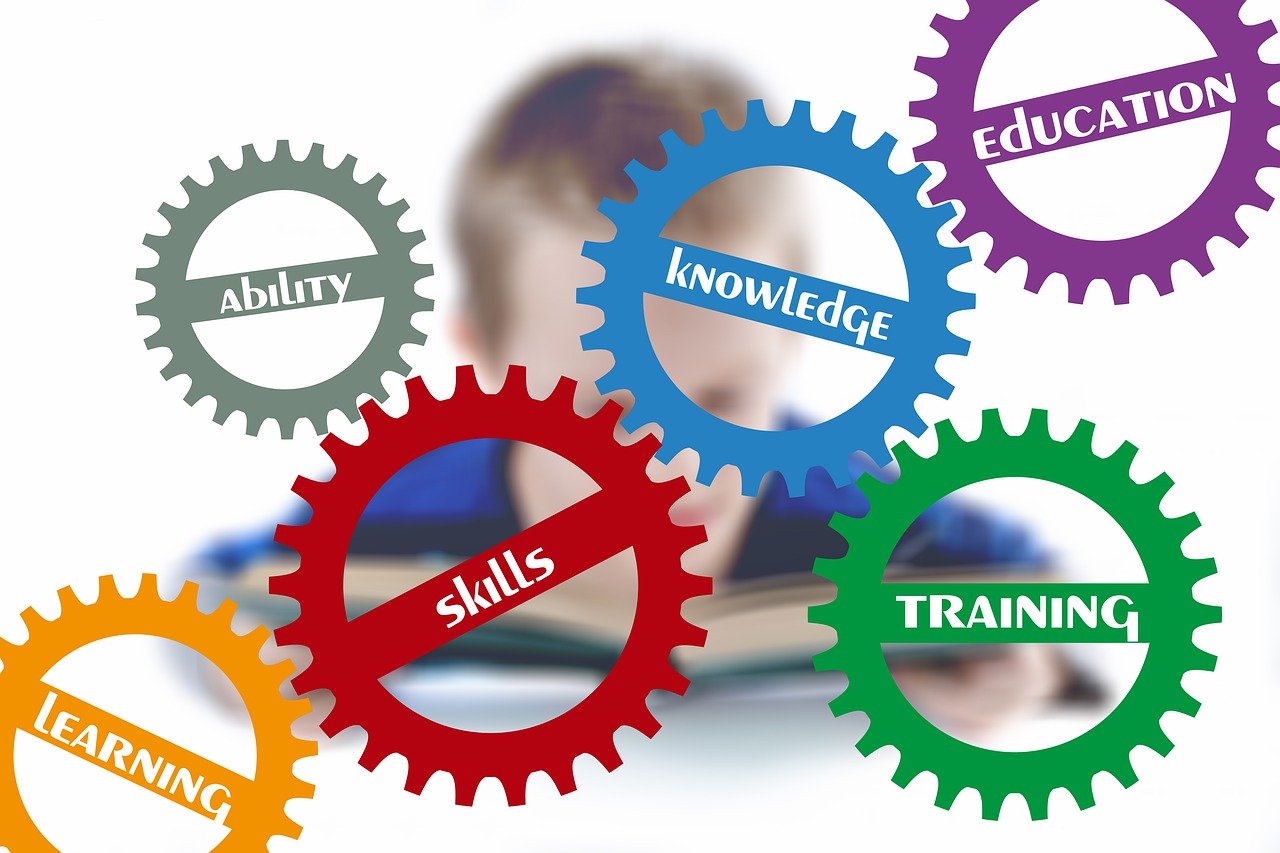Skills for a Greater Nation: Building a Future-Ready Society
In an era defined by rapid technological advancements, globalization, and shifting economic landscapes, the importance of equipping individuals with the right skills cannot be overstated. A nation’s progress is deeply intertwined with the capabilities of its people. To build a greater nation—one that thrives economically, socially, and environmentally—it is essential to focus on fostering a skilled, adaptable, and innovative workforce. This article explores the key skills needed to create a future-ready society and the steps required to cultivate them.
Digital Literacy and Technological Proficiency
The digital revolution has transformed the way we live, work, and communicate. From artificial intelligence to blockchain, technology is reshaping industries and creating new opportunities. To remain competitive, individuals must develop digital literacy and technological proficiency. This includes not only basic computer skills but also the ability to adapt to emerging technologies, analyze data, and leverage digital tools for problem-solving. Governments and educational institutions must prioritize STEM (Science, Technology, Engineering, and Mathematics) education and provide accessible training programs to bridge the digital divide.
Critical Thinking and Problem-Solving
In a world inundated with information, the ability to think critically and solve complex problems is invaluable. Critical thinking involves analyzing facts, evaluating arguments, and making informed decisions. Problem-solving requires creativity, resilience, and the ability to approach challenges from multiple perspectives. These skills are essential for innovation and are highly sought after in the workplace. Encouraging project-based learning, fostering curiosity, and promoting interdisciplinary education can help nurture these abilities.
Emotional Intelligence and Interpersonal Skills
While technical skills are crucial, soft skills such as emotional intelligence and interpersonal communication are equally important. Emotional intelligence—the ability to understand and manage one’s emotions and empathize with others—plays a key role in building strong relationships, fostering collaboration, and creating inclusive environments. In a diverse and interconnected world, the ability to work effectively with people from different backgrounds is essential for national cohesion and global competitiveness.
Adaptability and Lifelong Learning
The pace of change in today’s world demands adaptability and a commitment to lifelong learning. The skills that are relevant today may become obsolete tomorrow, making it imperative for individuals to continuously update their knowledge and abilities. A greater nation must cultivate a culture of learning where individuals are encouraged to embrace change, seek new opportunities, and remain curious. Governments and organizations can support this by offering upskilling and reskilling programs, promoting online learning platforms, and incentivizing continuous professional development.
Entrepreneurship and Innovation
Entrepreneurship drives economic growth, creates jobs, and fosters innovation. To build a greater nation, it is essential to nurture an entrepreneurial mindset characterized by creativity, risk-taking, and a willingness to challenge the status quo. Encouraging entrepreneurship education, providing access to funding and mentorship, and creating a supportive ecosystem for startups can empower individuals to turn their ideas into impactful ventures.
Sustainability and Environmental Awareness
As the world grapples with climate change and environmental degradation, sustainability has become a critical skill for the future. Individuals must understand the importance of preserving natural resources, reducing waste, and adopting eco-friendly practices. A greater nation must prioritize environmental education and equip its citizens with the knowledge and skills needed to contribute to a sustainable future. This includes promoting green technologies, sustainable agriculture, and circular economy practices.
Cultural Competence and Global Citizenship
In an increasingly interconnected world, cultural competence and global citizenship are essential for fostering mutual understanding and cooperation. A greater nation must prepare its citizens to engage with diverse cultures, respect different perspectives, and contribute to global challenges such as poverty, inequality, and peacebuilding. This can be achieved through international exchange programs, multicultural education, and initiatives that promote global awareness.
Steps to Cultivate Skills for a Greater Nation
Reform Education Systems: Align curricula with the demands of the future workforce, emphasizing STEM, critical thinking, and soft skills.
Invest in Training Programs: Provide accessible and affordable training opportunities for individuals of all ages and backgrounds.
Foster Public-Private Partnerships: Collaborate with businesses, NGOs, and educational institutions to create skill development initiatives.
Promote Inclusivity: Ensure that skill-building opportunities are accessible to marginalized communities, women, and rural populations.
Encourage Innovation: Support research and development, and create environments that foster creativity and experimentation.
Conclusion
Building a greater nation requires a collective effort to equip individuals with the skills needed to navigate the complexities of the modern world. By prioritizing digital literacy, critical thinking, emotional intelligence, adaptability, entrepreneurship, sustainability, and global citizenship, we can create a society that is not only economically prosperous but also socially inclusive and environmentally sustainable. The journey toward a greater nation begins with investing in the potential of every individual, empowering them to contribute meaningfully to the collective progress of humanity.

